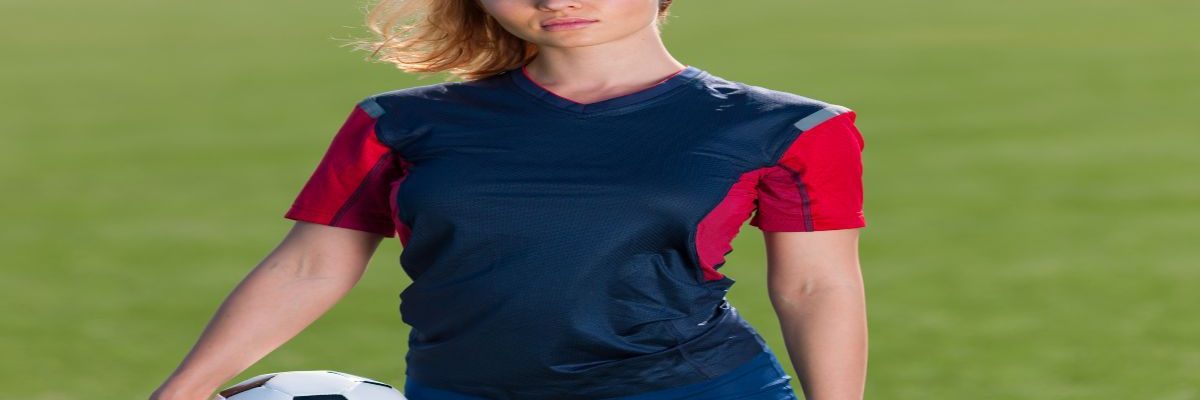College athletes report high rates of abuse. According to a recent survey of college-educated Americans under age 45, more than 1 in 4 current and former college athletes reported experiencing inappropriate sexual contact from a campus authority figure. The survey participants indicated that, in most instances, the harassing person was a male professor or coach. These findings and other known campus abuse incidents may be indicative of a widespread national issue. Here is more on the survey findings.
College-Aged Abuse Survivors
For many young people, leaving home to attend college is the first time they will have lived away from the care and protection of their families. Those that do so through a college athletics program will have the added pressures of being part of a competitive sport on top of those that come with being away from home. These college athletes often rely on their coaches and other authority figures to provide guidance and support. College athletes in this situation may be unsure of how to advocate for and protect themselves from sexual abuse and exploitation, especially when their abuser is a coach, professor, or another authority figure.
College Athletes and Abuse
College athletes may be at an elevated risk for abuse because they fear academic and professional consequences. Of those surveyed, 39% of college athletes said they did not report inappropriate contact because they feared their abuser would interfere with their grades, career, or team status. Twenty-nine percent of college athletes reported having been threatened, and 19% experienced harassment.
Eighty-three percent of student athletes knew of another student experiencing some form of inappropriate behavior by a campus authority figure. Of those:
- 34% knew of a campus authority figure raping or sexually assaulting another student.
- 34% knew of a campus authority figure using their position to coerce a student sexually.
Recently, sexual abuse allegations have come forth in connection with college athletic programs at Ohio State University (OSU) and Michigan State University. At OSU, hundreds of student athletes came forward with claims that team doctor Richard Strauss had groped them during his time as a student health doctor from 1979-1998. As a result, OSU has committed nearly $47 million in settlements to compensate his victims. At Michigan State, the university agreed to pay $500 million to student-athlete victims of former faculty member Larry Nassar. Nassar is believed to have abused more than 150 student gymnasts, including many Olympians, during medical appointments at MSU and with USA Gymnastics.
In 2020, at the University of Michigan, a group of men reported having been abused by Robert Anderson, a former team physician in UM’s athletics department, who sexually assaulted more than 1,000 college athletes who came to him for medical appointments and sports physicals throughout his nearly 40-year-long career.
Victims of campus authority sexual abuse and harassment often have severe long-term consequences. Those athletes surveyed reported having endured at least one negative aftereffect from experiencing unwanted sexual contact by a campus authority. These may include but are not limited to experiencing difficulty in interpersonal relationships, PTSD, mental health issues, addiction, financial problems, declining grades, and loss of team status.
College Sexual Abuse and the Adult Survivors Act
When a college student or student-athlete experiences sexual abuse trauma or harassment, they should be able to hold their abuser and those responsible for the abuse accountable.
In the past, New York survivors have been denied the opportunity to pursue claims for their sexual abuse because of short statutes of limitations. However, the recently-enacted Adult Survivors Act (ASA) will open a window allowing New York survivors to pursue claims for previously time-barred sexual abuse-related crimes.
Beginning November 24, 2022, New York sexual abuse survivors can bring claims related to incest and sexual abuse offenses defined in Section 130 of the New York Penal Law. In addition, ASA survivors will be permitted to file suit against an abuser or third party for any intentional or negligent acts or omissions causing physical, psychological, or other injuries. For student athletes, this may include pursuing claims against their abusers and the colleges and universities that allowed the abuse. The one-year period to file ASA claims opened on November 24, 2022, and close on November 24, 2023.
If you have been sexually abused or assaulted, it’s essential that you get the help you need to recover. The sexual abuse injury attorneys of Bonina and Bonina can help. We understand the trauma that can be inflicted by sexual abuse and assault. Our dedicated sexual abuse injury attorneys can help you evaluate your claim and seek the remedies you need to support your healing and well-being.
Contact an Experienced Sexual Abuse Injury Attorney
Every survivor deserves to have the opportunity to hold their abusers accountable. If you’ve been the victim of rape, sexual abuse, or other sexual violence, you want an experienced and compassionate sexual abuse injury attorney on your side. Bonina & Bonina, PC understand the importance of helping sexual violence survivors get the help they need for their trauma. Contact us online or call us at 1-888-MEDLAW1 to schedule your free consultation. Home and hospital visits are available. Se Habla Español.

